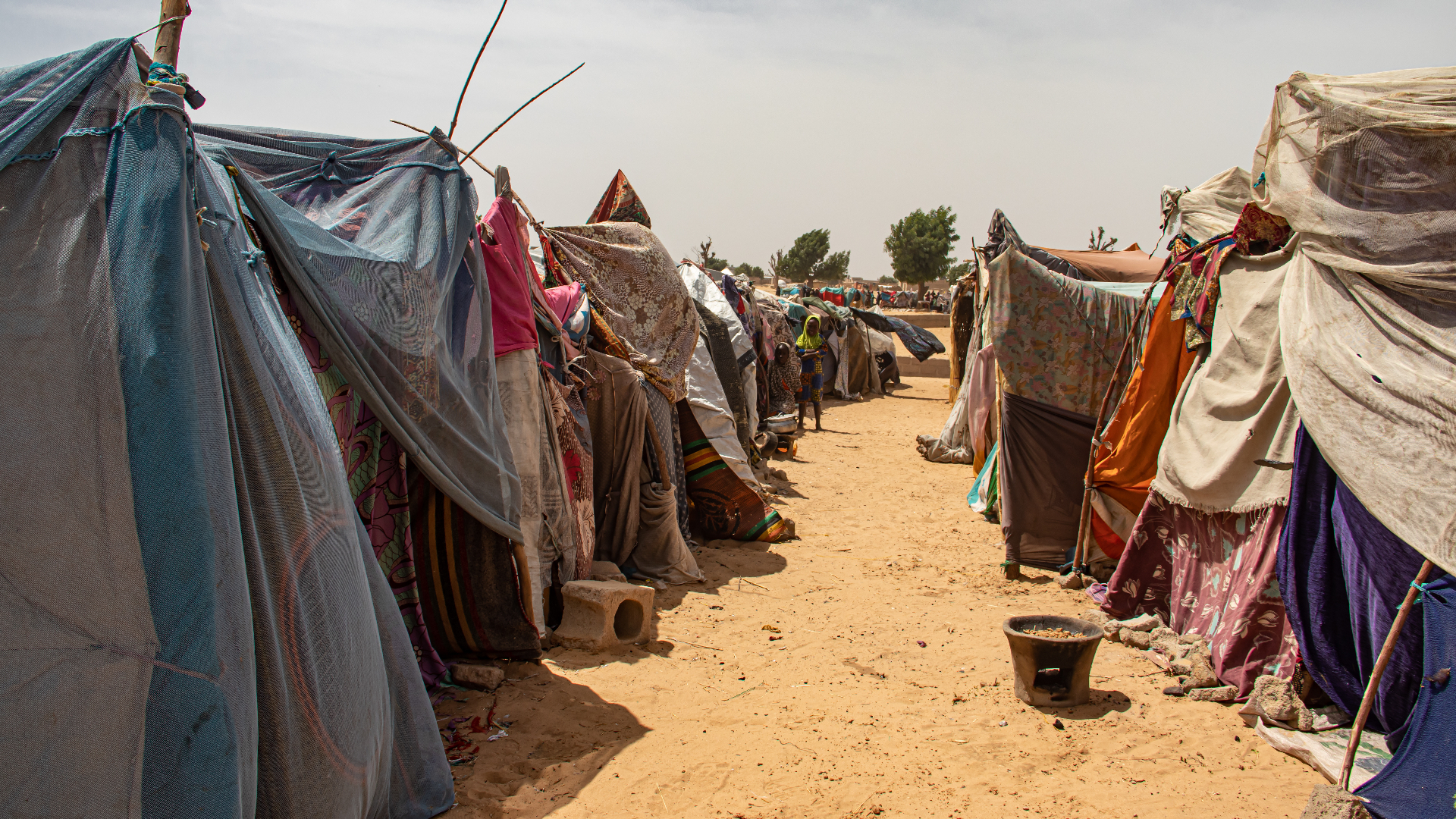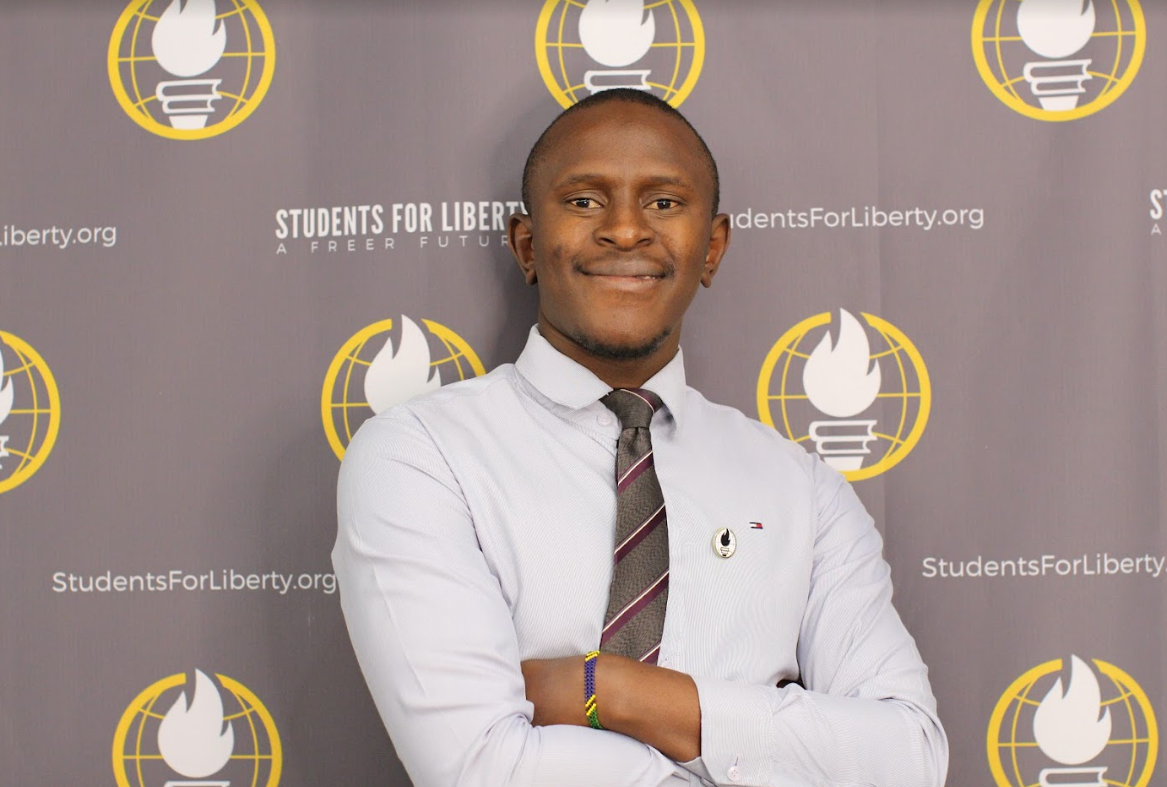The ongoing crisis in Sudan has plunged people into a state of fear and desperation, with human rights abuses, violence, and the denial of basic necessities becoming a daily reality. It is crucial to understand the root causes and complexities of the conflict to effectively address the plight of the Sudanese people.
First, Sudan’s history has been marred by deep-seated ethnic, religious, and political tensions. Following its independence from the UK and Egypt in 1956, the marginalization and unfair governance of southern regions by North Sudan eventually led to the independence of South Sudan in 2011. However, the lingering effects of these conflicts and divisions continue to fuel the situation even today.
Nowadays, the war in Sudan reflects a power struggle between two Sudanese generals, Abdel Fattah Burhan and Mohammed Hamdan Dagalo. While it is important to acknowledge that the suffering experienced by the Sudanese people is a result of multiple factors involving various actors beyond these two leaders, the power struggle and actions of Burhan and Dagalo have undeniably contributed to the hardships endured by the populace.
The crisis in Sudan has severe consequences for liberty
Both generals have inflicted political repression as they strive to maintain their grip on power. This has resulted in severe restrictions on freedom of expression, assembly, and association. Activists, journalists, and civil society organizations face harassment, arrests, and imprisonment, effectively undermining their right to political participation. Reports and allegations of human rights abuses, including extrajudicial killings, arbitrary arrests, torture, and sexual violence, further highlight the dire situation.
The power struggle and resulting instability have also hurt Sudan’s economy. Economic development and reforms have been hindered, leading to high unemployment rates, inflation, and a decrease in living standards. The scarcity of food, water, medicine, and fuel has reached extreme levels, driving war victims to seek asylum in neighboring countries like South Sudan, Egypt, and Chad.
The power struggle between Burhan and Dagalo has exacerbated existing ethnic and regional divisions within Sudan, too. These divisions have been manipulated for political gain, resulting in violence and a lack of diversity.
Moreover, the exclusion of varied perspectives and marginalized voices from decision-making processes, policies, and institutions is threatening the country’s sociological progress and is perpetuating a narrow understanding of issues.
What are the steps toward recovery in Sudan?
Despite the dire circumstances at present, Sudan can draw inspiration from Rwanda’s experience in post-genocide reconciliation. Implementing truth and reconciliation processes, promoting dialogue, and fostering social cohesion among diverse communities can help heal wounds, build trust, and pave the way for sustainable peace.
Countries like Botswana and Mauritius have achieved economic stability and growth. Sudan can focus on implementing sound economic policies, promoting investment, diversifying its economy, and prioritizing job creation to address high unemployment rates and improve living standards. And sustainable economic development can contribute to social stability and reduce the likelihood of conflict.
To alleviate the suffering of the Sudanese people and establish sustainable peace, Sudan should also adopt a non-interventionist foreign policy. Avoiding direct military intervention from external powers is crucial in preventing further bloodshed. Respecting individual rights, including freedom of expression, assembly, and association, should be paramount. Humanitarian aid, both voluntary and through private initiatives, must be provided to address immediate needs and alleviate the suffering caused by the conflict.
The crisis in Sudan demands immediate attention and action. By understanding the historical context, acknowledging the power struggle, and addressing concerns raised by libertarians and peace experts, Sudan can chart a path toward recovery. Above all, embracing non-violent approaches — such as those demonstrated by Nelson Mandela and Martin Luther King — and respecting human rights are essential strategies for achieving lasting peace, stability, and a brighter future for all people across Sudan.
Are you a student interested in getting involved in pro-liberty activism? By applying to join Students For Liberty’s Local Coordinator Program, you can be supported in promoting the ideas of liberty while also developing your skills and meeting many like-minded students from across the world. Click on the button below to find out more and get involved!
Are you looking for an opportunity to gain new insights about the ideas of liberty and network with like-minded individuals? Students For Liberty’s upcoming LibertyCon International, held in Washington, D.C., on February 2-4, 2024, is an event you won’t want to miss!
LibertyCon International offers an opportunity to engage with top experts, scholars, and entrepreneurs from a variety of fields while providing a platform for attendees to connect with others who are dedicated to advancing pro-liberty ideas and creating a freer future.
Click the button below to sign up for updates and secure your spot at this exciting event. We can’t wait to see you there!
This piece solely expresses the opinion of the author and not necessarily the organization as a whole. Students For Liberty is committed to facilitating a broad dialogue for liberty, representing a variety of opinions.



